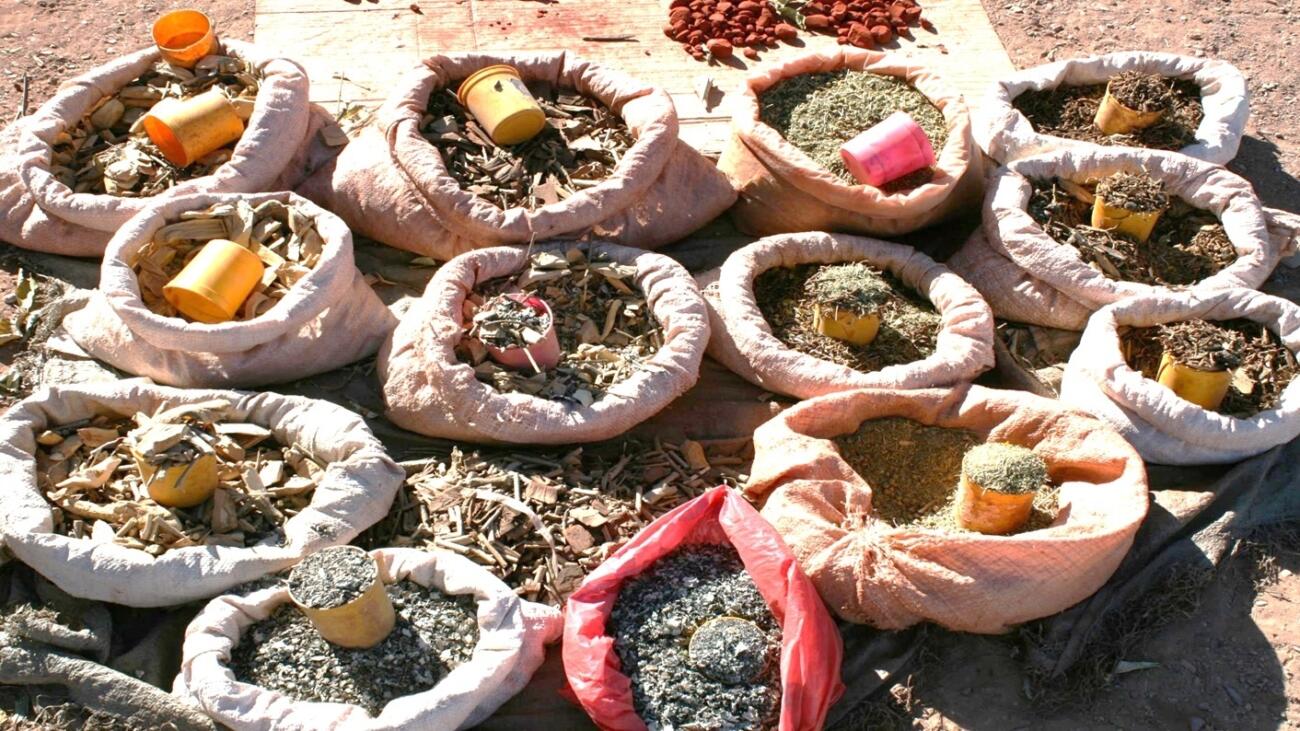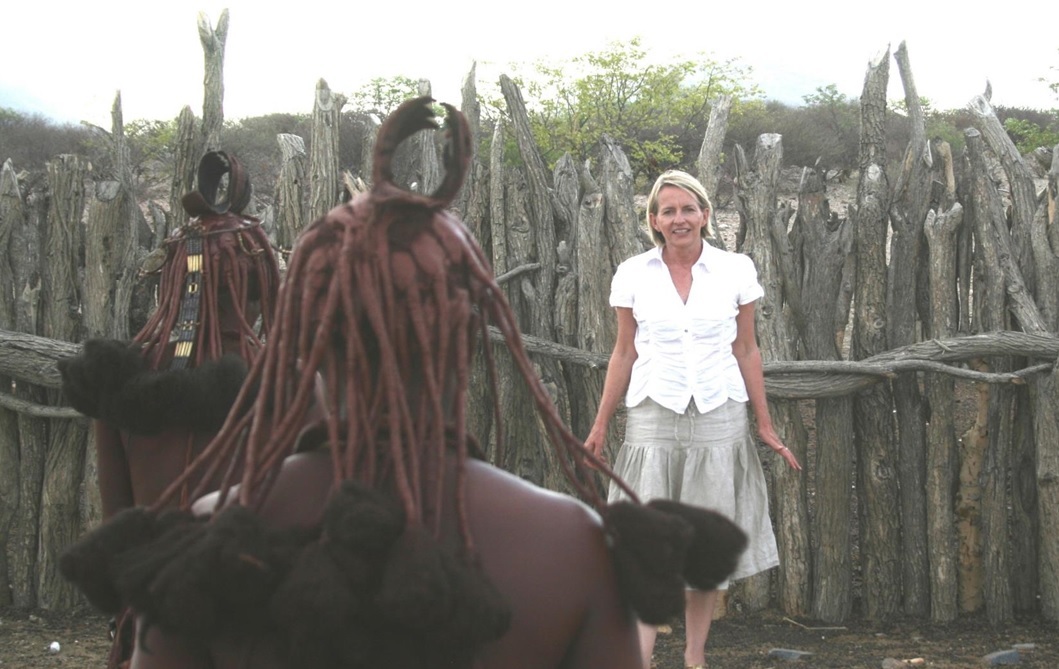Insights

The Scent of Tradition and Transformation
Reflections on Womanhood with Bev Missing
At a recent Stonehage Fleming event celebrating South African women, hosted at the Mount Nelson hotel in Cape Town, guests were captivated by the story of Bev Missing, an artisanal perfumer from South Africa, who shared her remarkable journey into the remote deserts of Namibia to meet the Himba tribe. Bev recounted what began as a quest to find rare ingredients for her own perfume line that turned into a life-altering experience that challenged her assumptions and changed her approach to scent forever.
Bev had always been drawn to the world of fragrance. Her body and bath company had stores in Ireland, America, and the Netherlands, yet she was always on the lookout for something new, something that could set her apart in the competitive world of beauty. In 2005, she stumbled upon a TV documentary about the Himba women of Namibia, a nomadic people living in one of the world’s harshest environments. The programme spoke about an NGO project initiated by Estée Lauder, which was exploring the possibility of using the Himba’s ancient perfume ingredients for a modern fragrance. “I was immediately intrigued; I knew I had to see this for myself” she explained.
A Journey to the Edge of Survival
Accompanied by a photographer and the NGO working with the Himba women – Karen Nott, Bev spent five days travelling through the Namibian desert, sleeping under the stars and learning the ancient perfumery practices passed down from Himba mothers to daughters. The experience was nothing short of transformative.
Despite their challenging living conditions, Bev explained that the women have a rich tradition of beauty and personal care. “Their signature perfume is created using tree resins, seeds, and fragrant bark gathered from the remote parts of the Namib desert, combined with cow fat and iron oxide from a nearby Holy Mountain. This red-tinted cosmetic is rubbed on their skin daily, giving them a striking reddish glow and a distinctive scent.”

For Bev, it was astonishing to see how much the Himba women valued beauty, even in a place where survival is a daily struggle. “What I learned from them was probably pretty personal. The experience challenged my prejudices. They live in the desert in this very harsh climate. Why was I surprised to see what lengths these women go to look and smell beautiful? They really are beautiful people. They live so authentically.,” she told guests. “It really challenged my own assumptions about what beauty means.”
Scent as a Bond Between Cultures
From the Himba women, Bev learned that scent is more than just a luxury—it is a connection to tradition, family, dignity and identity. The Himba women use perfumery to honour their ancestors, to differentiate between families, and to express their femininity in a harsh environment. Bev was particularly struck by how they passed down their perfume recipes from mother to daughter, like a family heirloom. Each perfume blend is personal, created with ingredients gathered over great distances and often shared between women from different tribes.
Her experiences inspired Bev to incorporate Himba traditions into her own fragrances. One of her most popular scents, she explained is In the Beginning. “It features African ingredients combined with citrus and orange blossom, a reminiscent of the citrus farm where I lived as a newlywed. Two other scents, Nama and Her Name is Giraffe are also popular. They draw heavily from my experiences with the Himba women. The latter was named after an exceptionally tall Himba woman I met during a dance performance, who proudly told us that her name was, indeed, Giraffe”.
A Shared Quest for Beauty
Bev told how she found a surprising kinship with the Himba women. Like her, they, too went to great lengths to find and create beauty in their lives. Whether it’s walking 40 kilometres to have their hair braided or using precious, natural ingredients to make their daily perfume, the Himba women inspired Bev to keep pursuing her own passion for fragrance.
“I thought, if they can do it, I can do it,” she reflected. “They live so authentically, and it made me rethink the lengths we all go to feel beautiful and connected, no matter where we are. It is what unites us all as women – an innate desire to feel good, to connect with our traditions, and to express who we are.”